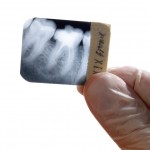
This randomised controlled trial of a single, preoperative oral dose of prednisolone on post-endodontic pain involved 400 patients demonstrating a significant reduction in pain at 6,12 and 24 hours.
[read the full story...]
This randomised controlled trial of a single, preoperative oral dose of prednisolone on post-endodontic pain involved 400 patients demonstrating a significant reduction in pain at 6,12 and 24 hours.
[read the full story...]
This review of the use of non-steroidal anti-inflammatory drugs (NSAIDs) for the management of post endodontic pain demonstrates that they do help to manage the pain.
[read the full story...]
The review of NSAIDs for endodontic postoperative pain suggests that NSAIDs are effective. A combination of ibuprofen 600 mg and acetaminophen 1000 mg and Ibuprofen 600 mg were both effective. More studies are need to assess teh most effective NSAIDs dosages and does intervals.
[read the full story...]
14 trials were included in this Cochrane review of non-pharmacological interventions for orthodontic pain. The findings were inconclusive although there is some evidence that low-level laser therapy may help.
[read the full story...]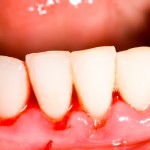
A new review of anti-inflammatory agents for the management of gingivitis identified 14 studies. While the various anti-inflammatory agents showed benefit, the majority of the studies were at high risk of bias, so the results should be treated with caution.
[read the full story...]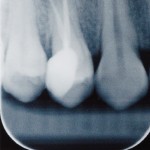
The management of pre- and post-operative pain is a key component of endodontic treatment with studies reporting that the incidence of post operative pain (flare-up) ranges from 3-58%. Nonsteroidal anti-inflammatory drugs (NSAIDs) are the most common medication used for managing pain after root canal treatment (RoCT). The aim of this study was to compare the [read the full story…]

Surgical removal of third molars is a very common procedure and postoperative pain is a major concern for patients. Non-steroidal anti-inflammatory drugs are (NSAIDs) frequently recommended to manage this pain. Ibuprofen and paracetamol commonly used and recently a combination analgesic containing both paracetamol and ibuprofen has become available in the UK. The aim of this [read the full story…]

Inferior alveolar nerve block (IANB) is a routine technique for achieving regional anaesthesia. However, it is not always successful, with inflammation being a potential cause. The aim of this study was to evaluate the effect of preoperative oral ibuprofen (IBU) on the success of inferior alveolar nerve blocks (IANBs) with mepivacaine containing 1: 100 000 epinephrine for [read the full story…]
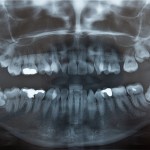
The removal of lower third molars is one of the commonest surgical procedures. The effective management of post operative pain is an important consideration and it has been suggested that preoperative administration of non-steroidal anti-inflammatory drugs (NSAIDs) may be more effective than post operative administration. The aim of this study was therefore to compare the [read the full story…]
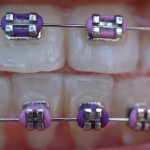
One of the potential side effects of orthodontic treatment is pain and discomfort. This can lead to reduced compliance or discourage patients from treatment. The aim of this study was to evaluate the effectiveness of pharmacological interventions on pain experienced by patients undergoing orthodontic treatment. What did they do The Medline and Cochrane databases were [read the full story…]